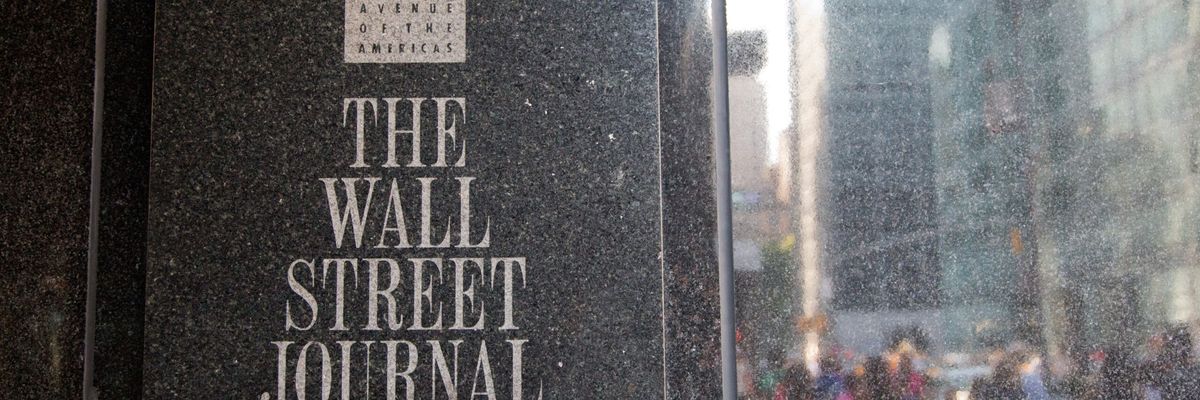Russian authorities arrested an American journalist on charges of espionage Thursday in a move that highlighted the dramatic deterioration in U.S.-Russia relations since the Kremlin’s illegal invasion of Ukraine last year.
Russia’s Federal Security Service (FSB) claimed that Wall Street Journal reporter Evan Gershkovich was “acting on instructions from the American side to collect information about the activities of one of the enterprises of the Russian military-industrial complex that constitutes a state secret.” Gershkovich, who was arrested in the city of Yekaterinburg in the Ural Mountains region, will be held until at least May 29, according to Russian judicial officials.
The Wall Street Journal said it “vehemently denies” the allegation and demanded that Russia release Gershkovich, who has lived in Moscow for six years and was accredited by Russia’s foreign ministry. If convicted, he could face up to 20 years in prison.
White House Press Secretary Karine Jean-Pierre said the Biden administration is “deeply concerned” by the arrest and noted that U.S. officials are “in direct touch with the Russian government on this matter.”
“The targeting of American citizens by the Russian government is unacceptable,” Jean-Pierre said in a statement. “We condemn the detention of Mr. Gershkovich in the strongest terms.”
The arrest shows that Moscow is “increasingly treating the United States as an open belligerent in a war against Russia,” according to George Beebe of the Quincy Institute, who previously led Russia analysis at the CIA.
Citing a 1977 law that banned CIA recruitment of journalists, Beebe argued that it is “very unlikely that Gershkovich is a U.S. intelligence asset or that his reporting was directed or influenced by the U.S. Intelligence Community.”
Beebe added that, since Moscow appears to be “making an example of Gershkovich” for his critical reporting, “Russian officials are unlikely to agree to release him or swap him for a Russian imprisoned in the United States anytime soon.”
“An early release would undermine their intended intimidation of other journalists,” he said.
The arrest earned a sharp rebuke from press freedom advocates. “Russia has crossed the Rubicon and sent a clear message to foreign correspondents that they will not be spared from the ongoing purge of the independent media in the country,” said Gulnoza Said of the Committee to Protect Journalists in a statement.
















